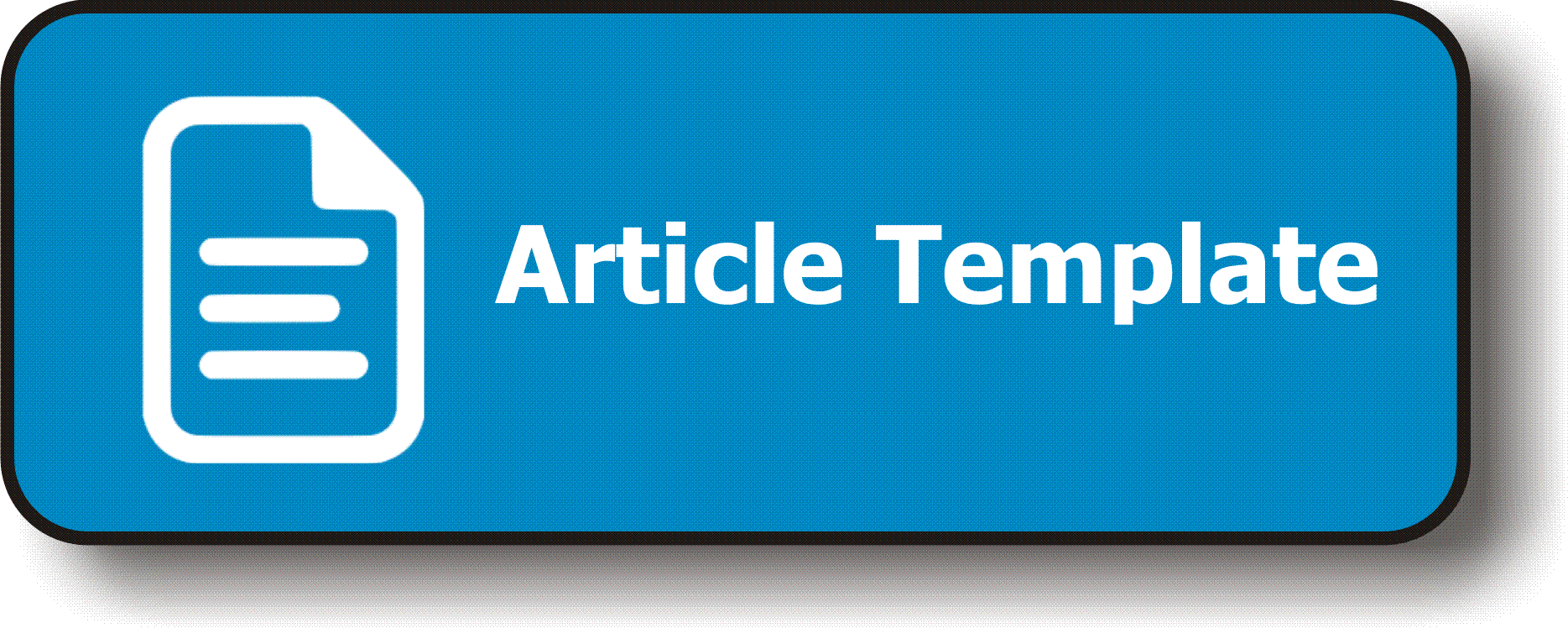ANALISIS KEBUTUHAN PELATIHAN UNTUK MEMENUHI KOMPETENSI LITERASI INFORMASI PENGELOLA PERPUSTAKAAN SEKOLAH
Abstract
Development of information and communication technologies are also pushing the world into a library for technological literacy activities. One school librarian competency standard is competence in using ICT in the library and information science.
Competence is defined as a measure to determine the level of librarians in using the knowledge and skills. Competency requirements are constantly changing, so librarians should keep them updated.
This study is a preliminary study conducted to determine the training needs of librarians in secondary education. In general, the problems posed in this study is how the competence of the teacher librarian or school library staff? The research question is described as follows: whether the competence of the librarians have been in accordance with government regulations No. 25 of 2008? Furthermore, this study also identify particular type of training that can enhance information literacy competency?
The method in this study is survey research methods. A survey research is an approach that is generally used for extensive data collection and more. Through this method are expected to answer the problem by describing the actual number of teachers and librarians that describes the instrumentation to analyze the information literacy competencies already held by the teacher librarians in managing the school library.
Keywords
Full Text:
PDFReferences
Adam. (2008). Literasi Informasi. Diakses tanggal 10 Maret 2012.[http://perpus.umy.ac.id/2009/02/19/literasi-informasi/].
American Library Association (ALA).(1989). Presidential Committee on Information Literacy: Final Report.Diakses tanggal 10 Maret 2012. [http://www.ala.org/ala/mgrps/divs/acrl/ublications/whitepapers/presidential.cfm].
Association of College and Research Libraries. (2000). Information Literacy Competency Standards for Higher Education. [Online]. Retrieved 28 Desember 2012 from http://www.ala.org/content/ NavigationMenu/ ACRL/Standards _ and_ Guidelines/ Information_Literacy_Competency_ Standards_for_Higher_Education.htm
Australian National Training Authority. (2003). Developing e-learning content (Australian Flexible Learning Framework Quick Guide Series). http://flexiblelearning.net.au/guides/content.pdf. Diakses: 2 Juni 2011
Bruce, Christine, Philip, Candy dan Kelmut, Klaus. (2003). Seven Faces of information Literacy: Towards Inviting Students into new Experiences. http://crm.hct.ac.ae/events/archive/2003/speakers/bruce.pdf. ( 3 Maret 2012)
Garner (2006). High-Level Colloquium on Information Literacy and Lifelong Learning < www.ifla.org/III/wsis/High-Level-Colloquium.pdf>. ( 5 Desember 2011)
Gunawan, A.W,dkk. (2008).“7 Langkah Literasi Informasi: Knowledge Managemen”. Jakarta: Universitas Atmajaya
Hasugian, J. (2009). Dasar-Dasar Ilmu Perpustakaan dan Informasi. Medan: USU Press.
Kosasih, AA. (2009) Tata Ruang, Perabot dan Perlengkapan Perpustakaan Sekolah. Malang: Perpustakaan Universitas Negeri Malang. Diakses dari www.google.com tanggal 13 April 2010
Lasa, HS. 2005. Manajemen Perpustakaan. Yogyakarta : Gama Media.
Peraturan Menteri Pendidikan Nasional RI Nomor 25 Tahun 2008 Tentang Standar Tenaga Perpustakaan Sekolah/ Madrasah.
Peraturan Pemerintah RI Nomor 19 Tahun 2005 tentang Standar Nasional Pendidikan.
Reitz M, Joan. (2004). Dictionary Library and Information Science. America: Libraries unlimited
Shapiro, Jeremy J. dan Hughes, Sheller K. (1996). Information Literacy as a Liberal Art: Anlightenment Proposals for a New curriculum. < http//www.educause.edu/pub/er/review/reviewArticles/31231.html>. (10 Maret 2012)
Siagian, SP. (1994). Organisasi, Kepemimpinan dan Perilaku Administrasi. Jakarta: Gunung Agung
Simamora, H, (1997). Manajemen Sumber Daya Manusia, Yogyakarta, Bagian Penerbitan STIE Suharsimi Arikunto, (1998), Prosedur Penelitian Suatu Pendekatan Praktek, Jakarta: PT. Rineka Cipta.
Suwarno, W. (2010). Ilmu Perpustakaan dan Kode Etik Pustakawan. Jogjakarta: Ar-Ruzz Media.
Tjiptono, F dan Diana, A, (1998), Total Quality, Management, Yogyakarta : Andi offset.
Undang-Undang Sistem Pendidikan Nasional (Sisdiknas) Nomor 20 Tahun 2003.
Undang-UndangRepublik Indonesia Nomor 43 Tahun 2007 Tentang Perpustakaan
Wether Jr., W.B.E.Davis, Keith, (1997) Human Resource And Personel Management, Fifth Edition Mc. Graw Hill, Inc
Wijetunge, Pradeepa dan Alahakoon, Uditha. (2005). Empowering 8: the Information Leteracy Model Developed in Srilanka to Underpin Changing Education Paradigms of Srilanka. www.cmb.ac.lk/academic/institute/nilis/reports/informationliteracy.pdf. (30 Agustus 2011)
Zurkowski, P. G. (1974). The Information Service Environment: Relationships and Priorities. Washington DC: National Commission on Libraries and Information Sciences.
DOI: https://doi.org/10.17509/edulib.v2i2.10048
DOI (PDF): https://doi.org/10.17509/edulib.v2i2.10048.g6240
Refbacks
- There are currently no refbacks.
Copyright (c) 2018 Edulib

This work is licensed under a Creative Commons Attribution-NonCommercial-ShareAlike 4.0 International License.

This work is licensed under a Creative Commons Attribution-ShareAlike 4.0 International License.





